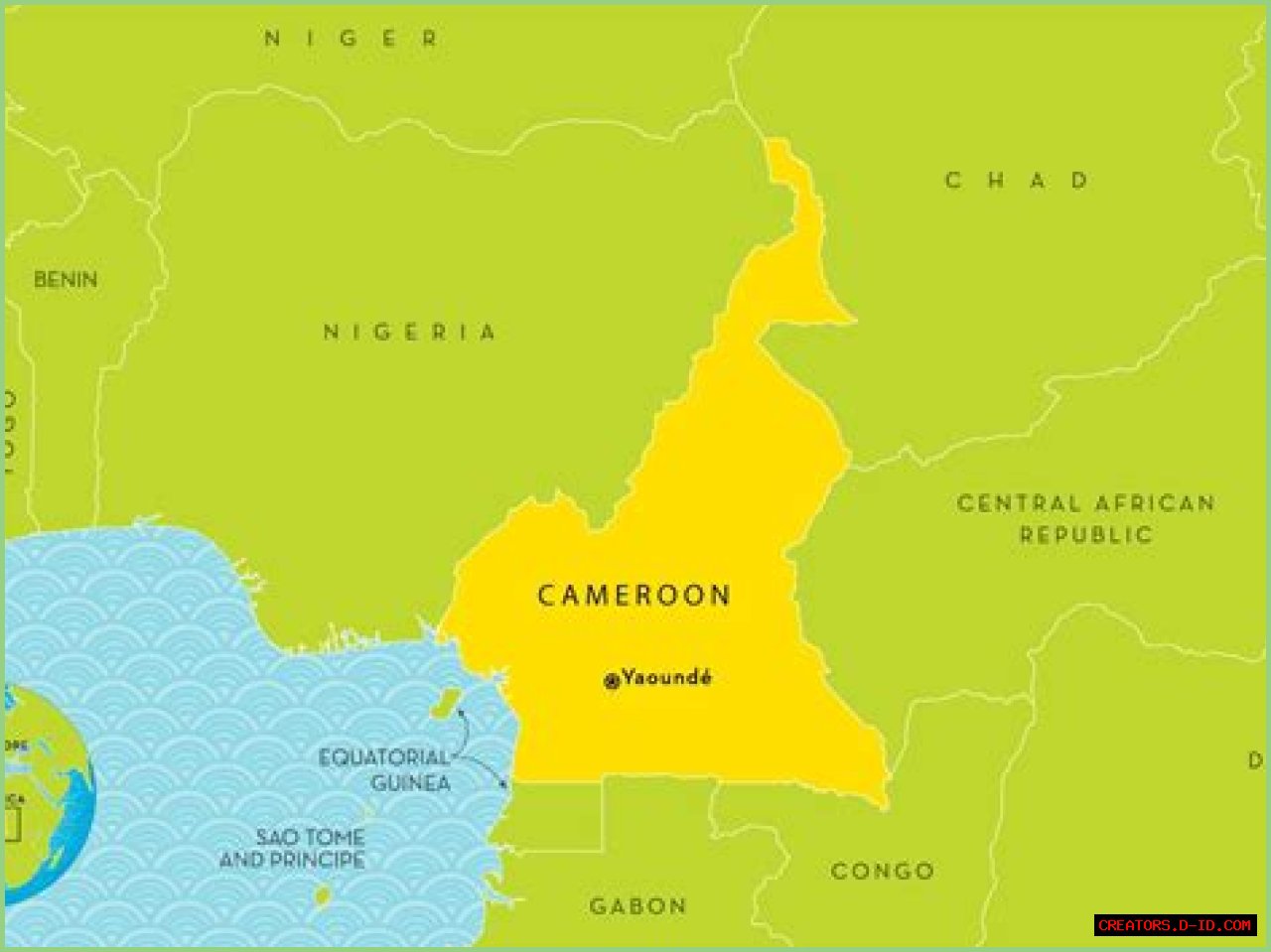Tribes lived in Cameroon's highlands more than 1,500 years ago and began spreading south as they cleared forests for new farms.
Cameroon's colonial name comes from the cameros, or prawns, that 15th-century explorers found in the Wouri River.
Between 1884 and 1916, Germany united the southern and northern areas into a colony. Germany's defeat in World War I led to Cameroon's separation between France and Britain. The French tightly ruled the east from the capital, Yaoundé. The smaller British area to the west was ruled more loosely from Nigeria.
Independence was achieved in French Cameroon in 1960. In 1961, voters in the southern portion of British Cameroon chose to join in a federation with the new republic; those in the north chose to unite with Nigeria. Cameroon's former French and British areas kept separate educational, legal, civil service, and legislative structures until a 1972 referendum adopted a national, one-party system along French lines.
👉 For more insights, check out this resource.
👉 Discover more in this in-depth guide.
